Story from BBC NEWS:
2009/09/24
It is estimated that 10,000 survivors of abuse in schools and reformatories run by Catholic religious orders in Ireland now live in Great Britain.
Cathy Spillane has been hearing about these institutions all her life.
Her father Joe spent his childhood in a Catholic Church-run school in Kerry. He was beaten regularly by the priests who worked there, and starved of love and affection throughout his childhood.
“It was so beyond comprehension, really,” she said, remembering how her father used to tell them how he was so hungry as a boy he would eat leaves off trees, and pretend they were chocolate.
His stories left a lasting impression on his daughter, who recognised much of what her father had gone through in the pages of the Ryan Report.
Ten years in the making, the Ryan Report was published in May and shocked the world with a detailed catalogue of almost mediaeval horror.
Children – some as young as a few months old – were placed in the care of Catholic priests and nuns in orphanages or so called “industrial schools”.
Many were put there simply because their families were too poor to support them.
The report found evidence of “endemic” child sex abuse and “pervasive, excessive and arbitrary punishment” in the institutions – where children were held until they were 16.
Brothers and sisters were often split up, and by the time they re-entered the outside world, many children had lost contact with any remaining family they had.
Not surprisingly, many left Ireland as soon as they could, and never looked back.
May Henderson was one of those who chose to go. She ended up in London, still in her teens, and, as she admits herself, unsure of what to do in the outside world.
She only learned to use a knife and fork after she left the convent.
“Because in the school, all we ever had was an enamel plate and a spoon,” she said.
“When you come out of there you don’t know anything”.
It’s hard to reconcile this bright-eyed, cheerful lady in her 70s with the frightened young girl who left Ireland all those years ago.
Compassion
“They used to tell me I would end up like my mother ‘on the streets’,” she said of the nuns who brought her up.
She has copies of correspondence from her father to the nuns; heartbreaking letters, asking for news of May and her sisters. She does not know if they were ever answered.
May, like many of the emigrant survivors, has put Ireland behind her.
She has never been back to the land where she was treated so harshly. She has carved out her own life in London, with a family and close friends.
She applied to the Irish government for compensation for her time spent in the institutions, and was successful. But many don’t even make it that far.
Lost Souls of Ireland Lost Souls Of Ireland will be broadcast on Friday 25 September at 1100 BST on BBC Radio 4 or listen for seven days after that at BBC iPlayer
Many simply leave their Irish identity behind, and never look back.
They never read Irish newspapers, stay away from other Irish people and cut themselves off from anything that might remind them of their terrible pasts.
They are, in general, very hard to reach out to. But some do come forward – and often when they do, they ring Phyllis Morgan and Marie Aubertin at the London Irish Survivors Outreach Centre.
Phyllis is a whirlwind of energy and compassion. Like the people she helps, Phyllis too was raised in an institution.
She vividly describes one incident, when a nun dragged her from behind a door and began to beat her, as if it happened yesterday.
Since the Ryan Report was published their phones have been ringing off the hook, with more survivors speaking, often for the first time, of their ordeals.
There is still some way to go, it seems, before all the stories of horror are heard.
donderdag, september 24, 2009
Lost souls fled clerical abuse
Abonneren op:
Reacties posten (Atom)
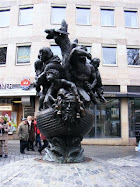
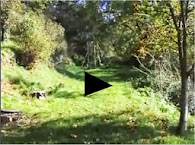
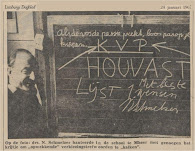


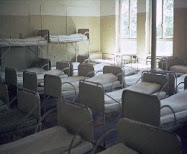





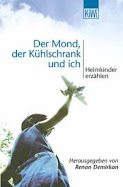
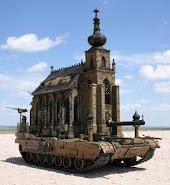
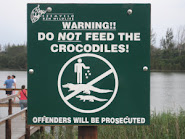


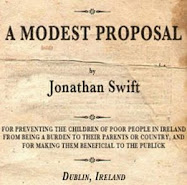


Geen opmerkingen:
Een reactie posten